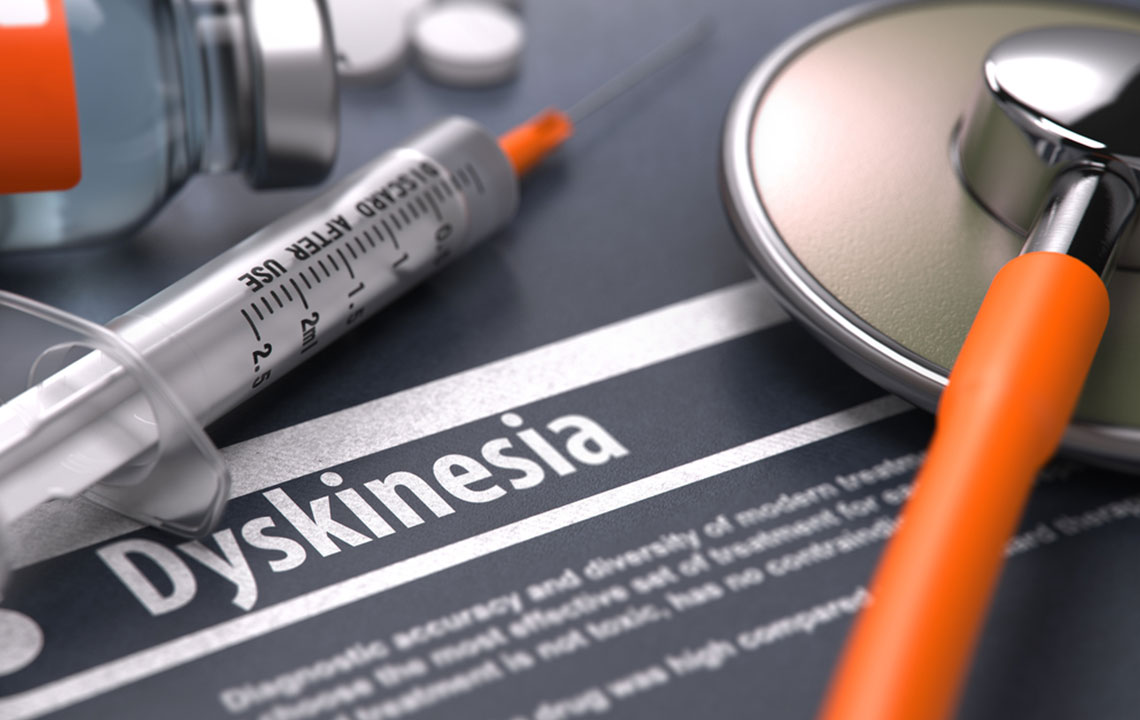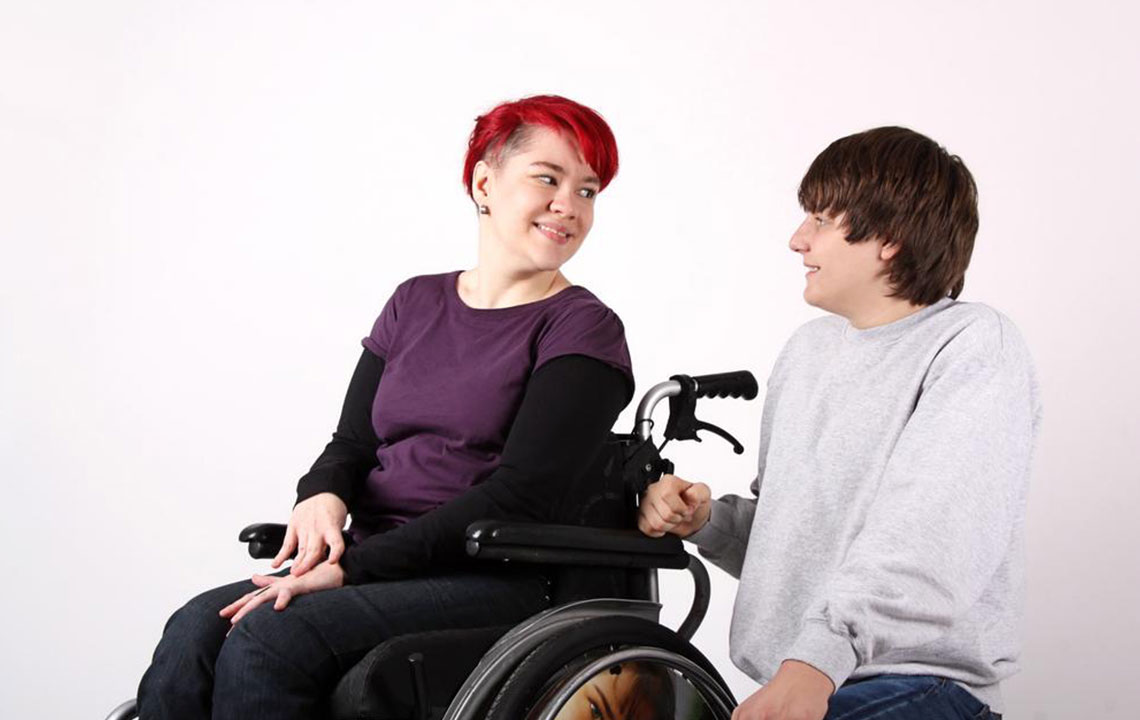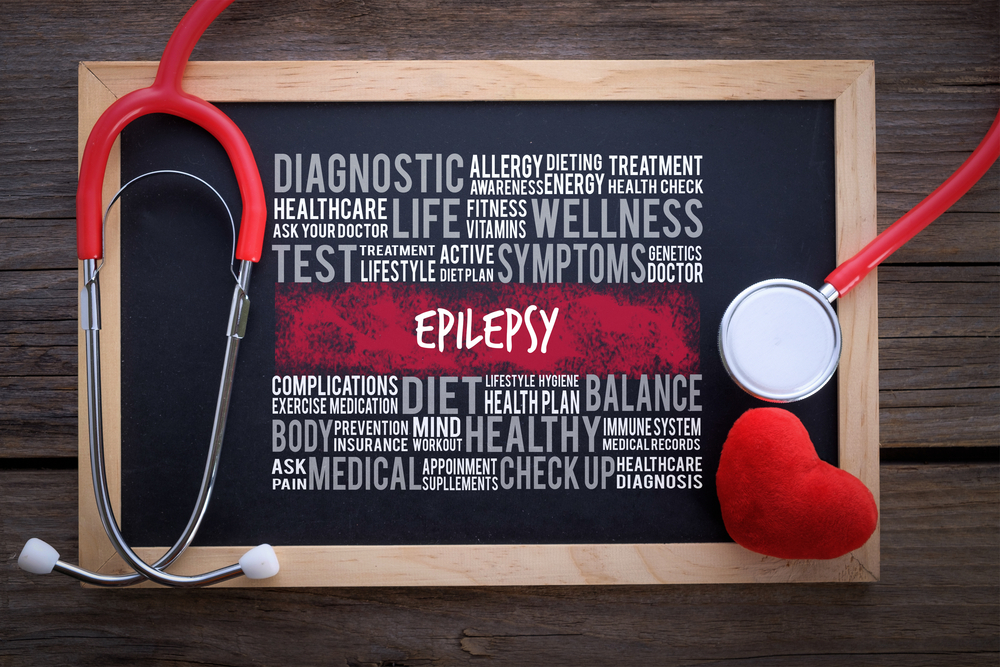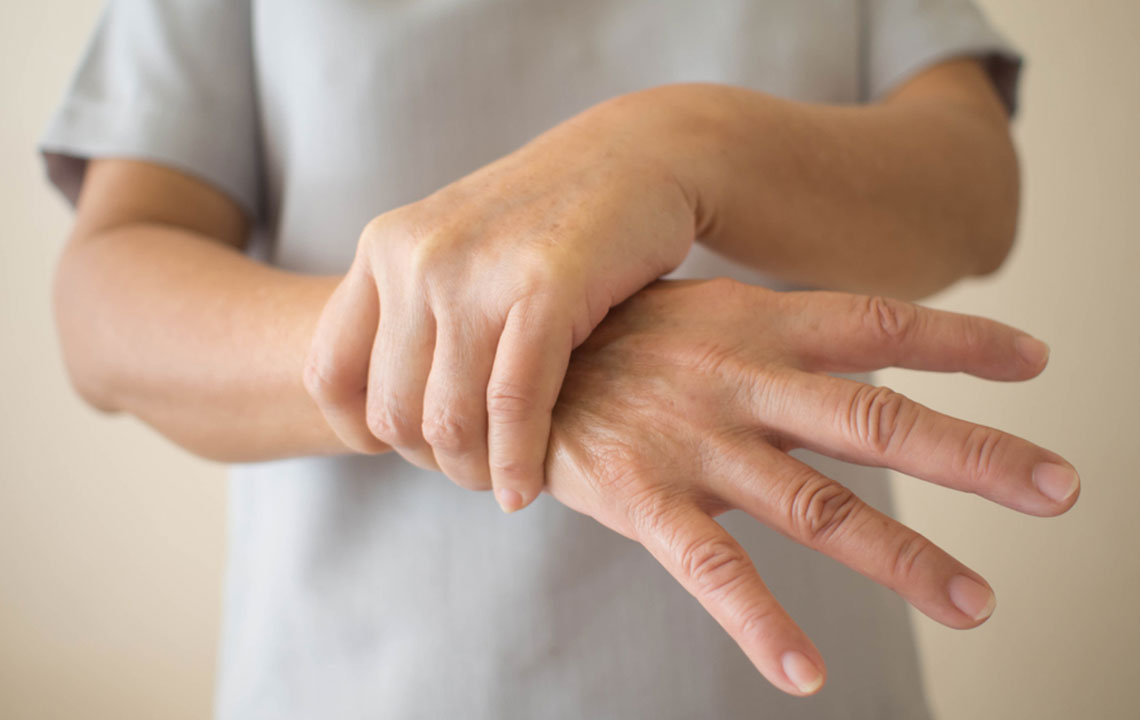Understanding Tardive Dyskinesia: Causes, Risks, and Management
Tardive dyskinesia is a neurological disorder caused by long-term use of neuroleptic and antipsychotic medications. It leads to involuntary movements, facial disfigurement, and speech difficulties. While often mild, severe cases impact breathing and swallowing. Risk factors include aging, diabetes, and substance abuse. Advances now provide treatment options to manage symptoms, emphasizing early detection through screening and cautious medication use to prevent progression. Regular medical supervision is vital for those on long-term neuroleptic therapy.
Sponsored

Tardive dyskinesia is a neurological condition that impacts the nervous system, primarily affecting movement control. It is common among older adults and often develops after prolonged use of certain medications, particularly neuroleptics and antipsychotics, which block dopamine in the brain. Dopamine influences motor functions and pleasure centers. Over time, these drugs can cause significant motor disturbances. Most cases are mild, but about 3% experience severe symptoms like facial disfigurement, difficulty swallowing, speech issues, and breathing problems. Factors increasing risk include unmanaged diabetes, aging, menopause, brain injury, substance abuse, and alcohol use.
The main culprits are antipsychotic drugs such as Perphenazine, Haloperidol, and Risperidone, along with medications like metoclopramide. Symptoms gradually intensify and include involuntary movements, facial disfigurement, abnormal speech, swallowing difficulties, rapid blinking, and mouth movements like lip-smacking or tongue thrusting. Historically considered incurable, recent advances offer management options to alleviate symptoms. Treatment may involve reducing medication, though not always effective, and prescribing specific drugs under medical supervision. Early detection and regular screenings, like the Abnormal Involuntary Movement Scale (AIMS), are crucial for effective management. Minimizing drug use duration and considering alternative therapies can help prevent progression.






